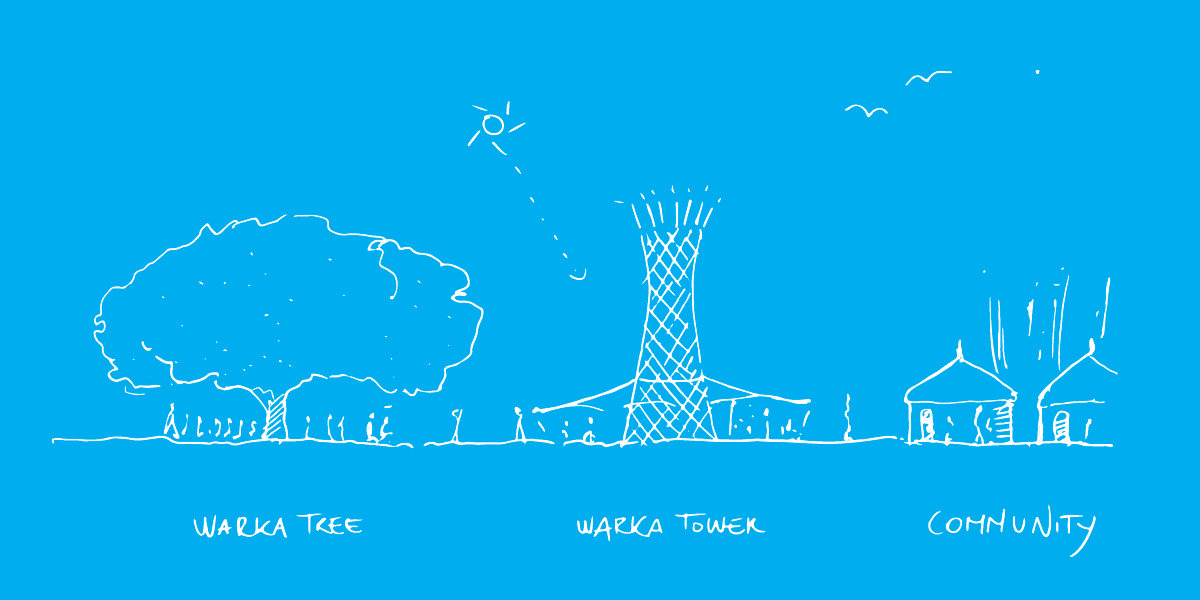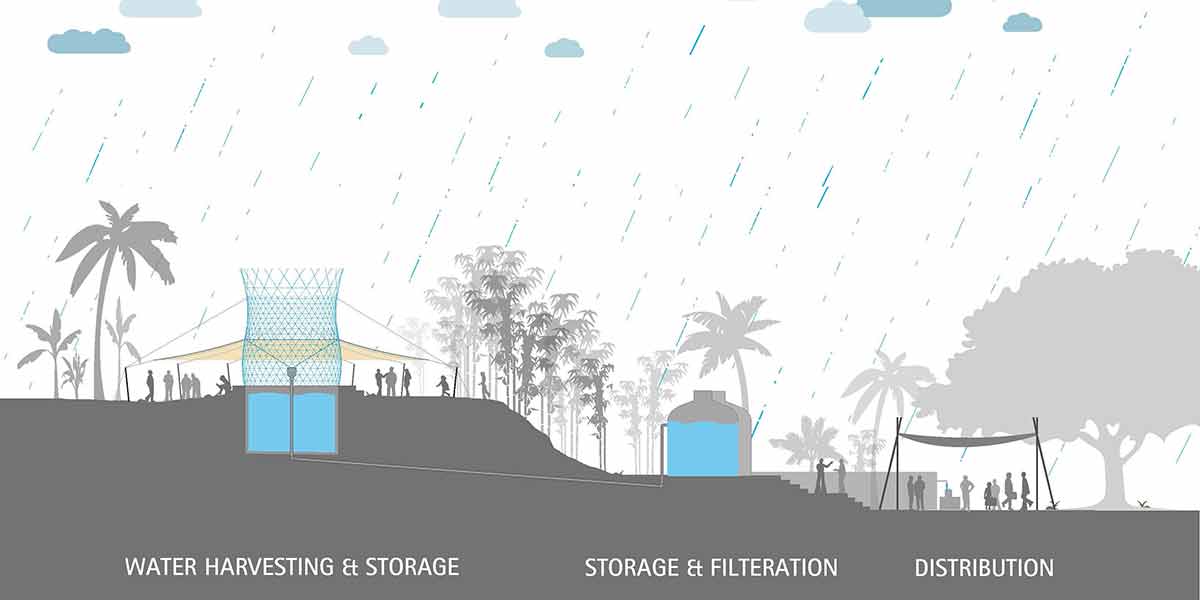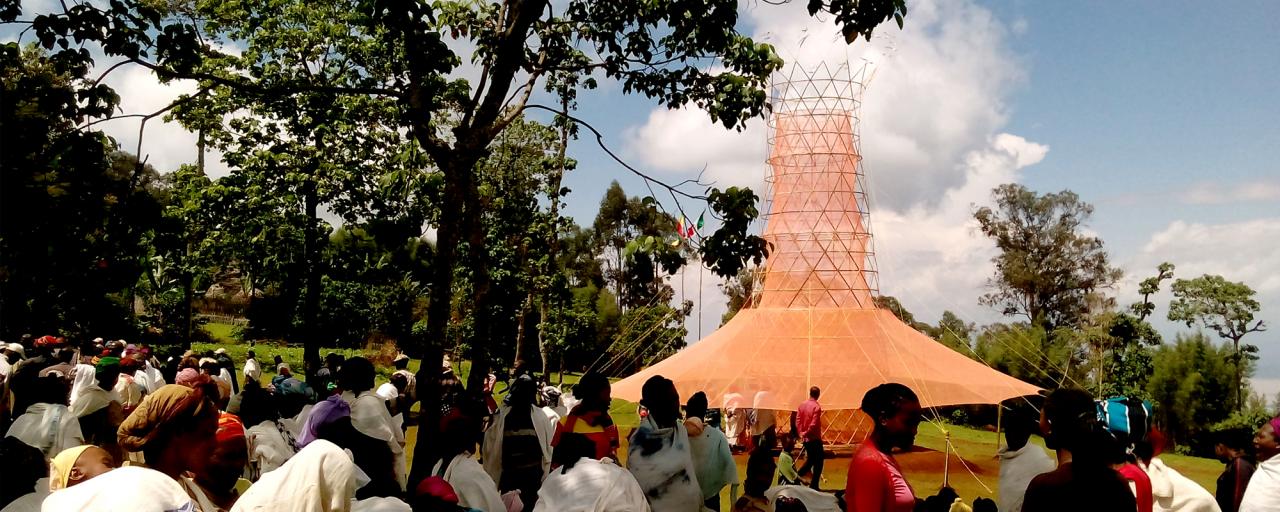Submitted by SafariADV on Thu, 2018-08-02
In more and more areas of the world the possibility of access to a constant reserve of drinking water is becoming a very delicate problem.
Suffice it to say that the root cause of health problems in Ethiopia is the spread of diseases perpetuated by the lack of clean water and sanitation systems.
Often contaminated with human and animal waste, water quality is severely compromised.
The impact of contaminated water on community health is shocking; every year, many children die of diarrhea and other diseases, such as malnutrition, pneumonia and malaria.
And it is precisely in Ethiopia that the first Warka Tower was erected, a sort of alternative water source.
The Warka Tower is a vertical structure designed to collect and store drinking water from the atmosphere, rains and dew, thus providing an alternative source of water for rural populations who have difficulty accessing drinking water sources.
This method works potentially anywhere on our planet as air always contains a certain amount of water vapor, regardless of local environmental conditions and humidity conditions.
Places with high percentages of fog or humidity are the best places to install the Warka Tower, the water collection capacity depends strictly on the weather conditions, the goal of these constructions is to be able to distribute every day from 40 to 80 liters of drinking water for community use.

The project was inspired by the adaptation techniques of some insects that live in areas where rainfall is scarce, but also by some plants; these animals and plants have developed, in different ways, the ability to collect and store water from the air in order to survive in climatically hostile environments; This was accompanied by the study of local craftsmanship and ancient construction techniques, architecture and ancient traditions, and sometimes forgotten.
The name of the project "Warka" comes from the Warka tree, a giant wild fig tree native of Ethiopia, like the tree, the Warka Tower acts as an important aggregation point for the local community, becoming part of the local culture and the ecosystem, providing its fruits, shade and offering a gathering place.
The Warka Tower is made of 100% biodegradable and recyclable materials, the philosophy is to use local materials and traditional techniques as much as possible; it can be built in 4 weeks by 8 people and requires no electricity to operate.
After installation, minimal maintenance is required and it has no impact on the surrounding environment.
The Warka Tower is an easy and ecological way to fight a widespread plague, these towers could be built in places on the planet where the problem of lack of clean water is a critical issue.
For further information and donations, visit the website: http://www.warkawater.org/



